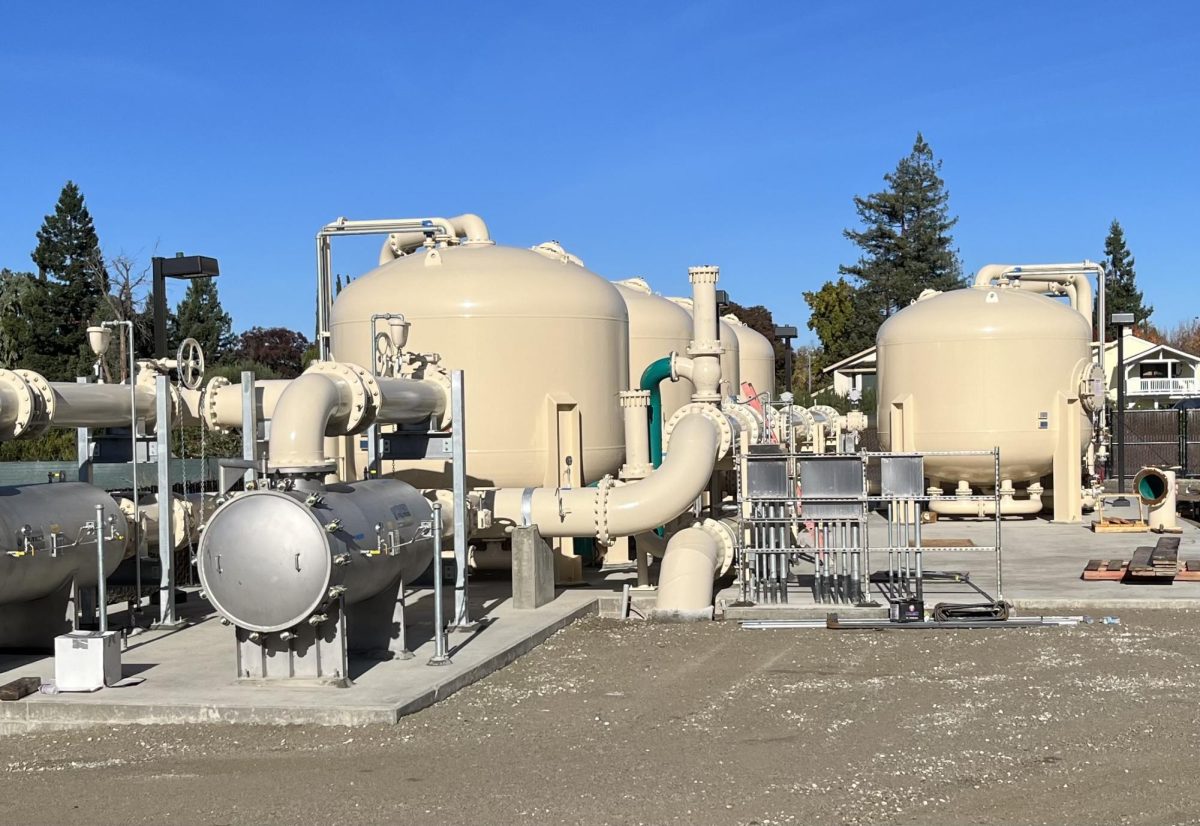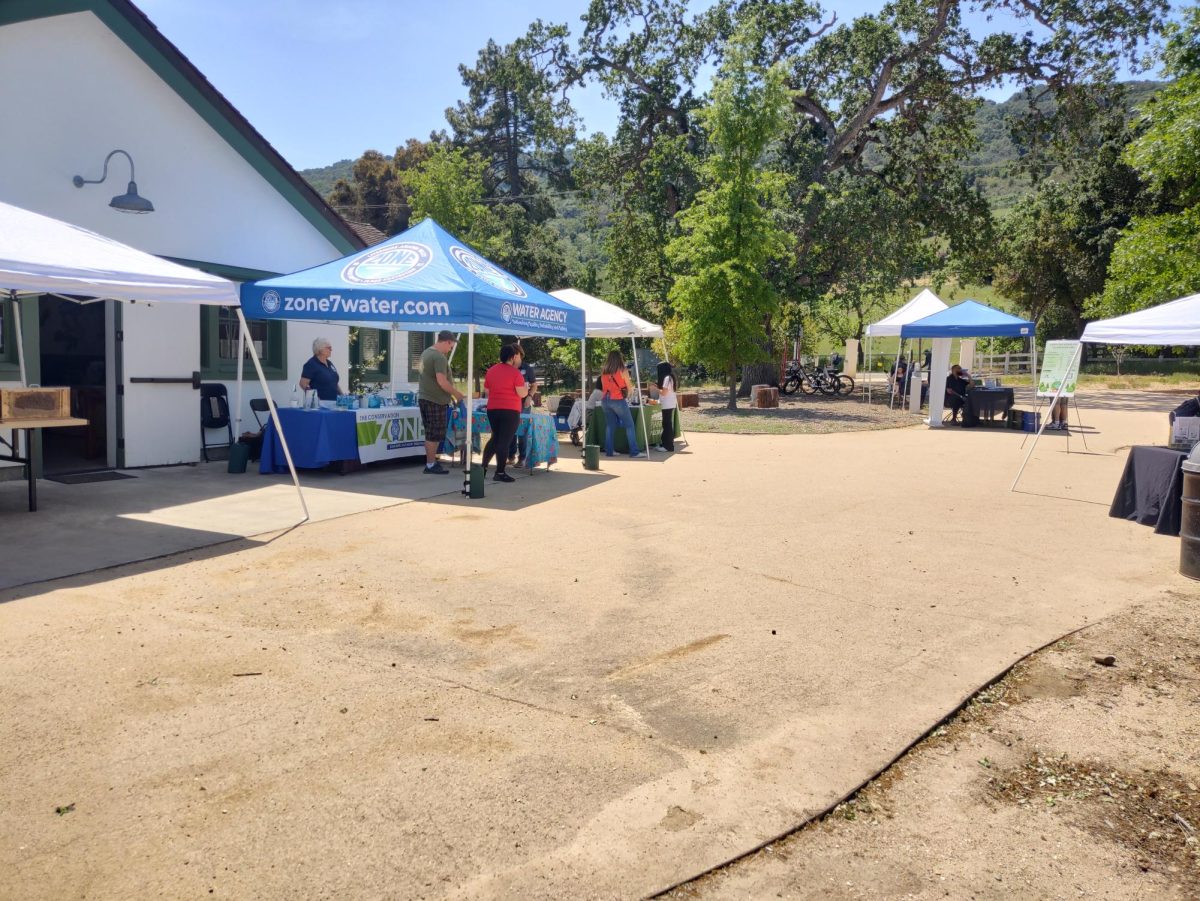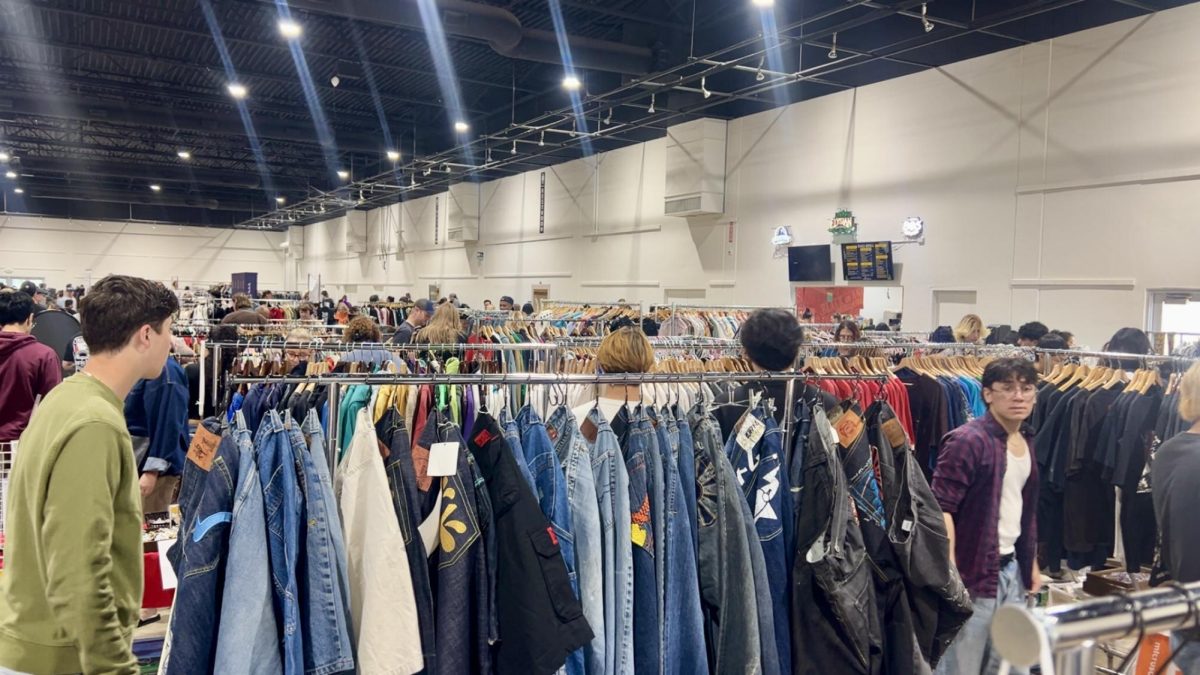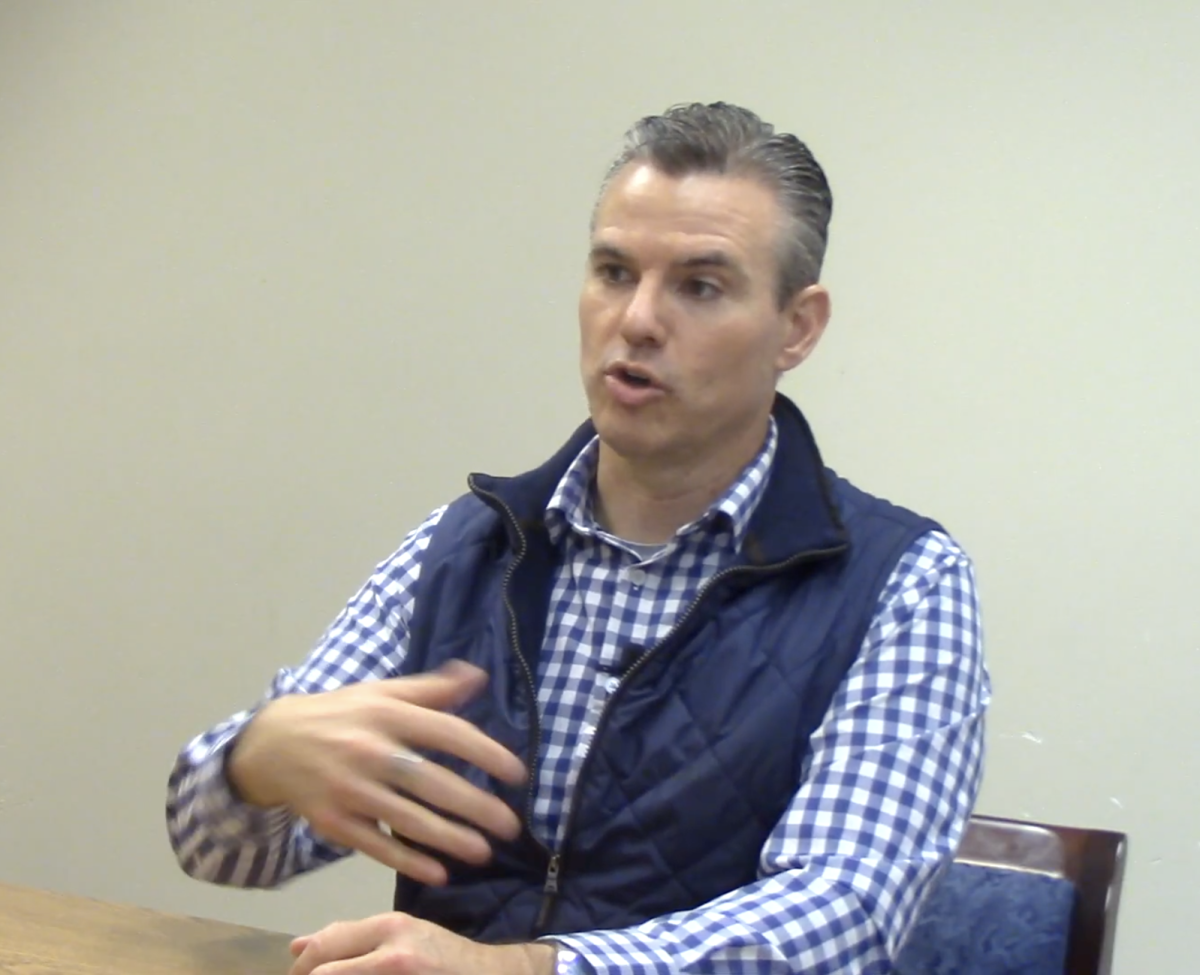In recent years, the Zone 7 Water Agency detected emerging contaminants called per and polyfluoroalkyl substances (PFAS) — man-made chemicals used in many common products designed to be water, oil, and stain-resistant — in the Tri-Valleys’ groundwater basin. PFAS don’t break down easily, so it is called “the forever chemicals”.
“As far as how we become contaminated, we really don’t know. It’s only in recent years that we have the technology to even detect PFAS to a few parts per trillion. Which [the] analogy [would] be like one grain of salt in [an] Olympic-sized swimming pool. So, as far as when or how PFAS got into the water, it’s really hard to tell, because PFAS are everywhere,” said Zone 7 Water Quality Manager, Angela O’ Brien.
Dangers of PFAS groundwater contamination
Manufacturers use PFAS, which are man-made chemicals, often in cleaning products. Many of the products we use today contain them, and some are gradually accumulating in bodies. This buildup can lead to a weakened immune system and an increased risk of certain cancers.
“They are used in a lot of places…common products that we use. Waterproof products, stainless products, and even firefighting foam products. They are everywhere,” said O’Brien.
PFAS are especially found almost everywhere, limiting the ways residents can effectively address it. However some methods can reduce exposure.
“I would say the best way is to be aware of what you [are] using. For example, [lots] of products, [like] teflon, nonstick pots, those [contain] a lot of PFAS, right? Even popcorn bags and fast food wrapping… So, what we’re trying to push is for the manufacturers to be responsible in making products that are PFAS free in order to minimize the exposure of the people to PFAS.” said O’Brien.
Removal of contaminated groundwater
However, Zone 7 uses Ion Exchange Resins to remove PFAS from the contaminated groundwater. This keeps the tap water as clean as possible.
“We’re also in the process [of] constructing another treatment plant called the Chain-of-Lake PFAS Treatment Plant, which should be online by next summer. So at Zone 7, we are very proactively working with our regulatory agency in making sure that we are providing the best quality water to our customers,” said O’Brien.
We want to thank Angela O’Brien from the Zone 7 Water District. She helped ensure the accuracy of the reporting in the article.












Elias Morales • Feb 7, 2024 at 1:08 pm
Wow your article was so informative! I’ve learned much about our water and its potential contamination. Keep up the brilliant work buddy!
Zenil Koovejee • Dec 6, 2023 at 1:09 am
Excellent job, Brendan! ?
Absolutely nailed it! ? Your explanation was top-notch and super clear. Can’t wait to see your next move! Keep up the awesome work! ??